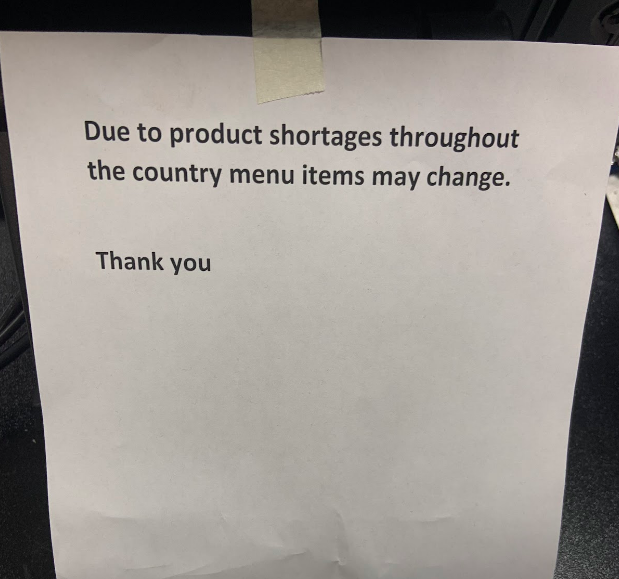By Myles Woodman
When you click to purchase something from Amazon or another online shopping site, you don’t really think about the entire process of delivery. You might watch updates on your phone or even disregard it as you know that click means your item will be delivered soon and on time. Think again. As Southern California struggles with the labor crisis, more specifically, the port worker shortage, the rest of the country and industries are feeling the effects.
While it seems the shortage is a recent hardship the economy has had to endure, it actually spans to the initial lockdowns in the beginning months of the pandemic. While most countries began to lockdown, the vessels and shipping containers on them were stopped at the ports. Despite this the industry adapted, limiting the number of vessels at sea to alleviate the issues presented by lockdowns at their respective destinations. This did mean one rule emerged…do not pick up the empty containers.
In normal times the vessels would drop off their full containers from other Asia to the western world, but with the pandemic the retrieval of the empty containers stopped. When that stopped Asia lacked containers at their normal level. Simply put Asia was getting low on empty containers. To make matters worse, the first country to be ravaged by the virus recovered from it… China.
China quickly moved to trading again and subsequently traded away nearly all of Asia’s remaining containers as the rest of their continent followed suit and recovered their countries and exporting status. Now Asia really needs the containers and North America is seeing issues with a labor shortage and cannot take in or return containers at the necessary level. The North American problems became so bad President Biden had to step in.
He announced the Port of Long Beach would move to 24/7 operation amid the issues in an attempt to alleviate the issues stemming from the second largest port. While he has forced an increase of hours at the necessary ports and even gotten CEOs of major companies like Walmart, UPS, FedEx and more to increase their hours to help the shipments that are made, the issue persists. Many major vessels with hundreds upon hundreds of containers still have multiple weeks left to be processed and remain floating in the pacific ocean. LA Times reports that experts are banking on the issue lasting 6 months to a year.
The global supply chain and its shortages have even impacted East as a sign taped prominently at the cash register explains that some menu items may become unavailable as the shortage affects the food supply chain in East Amherst.

